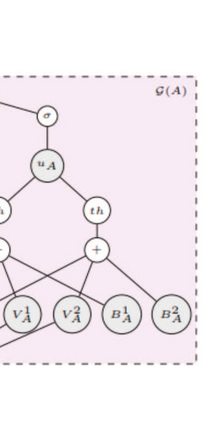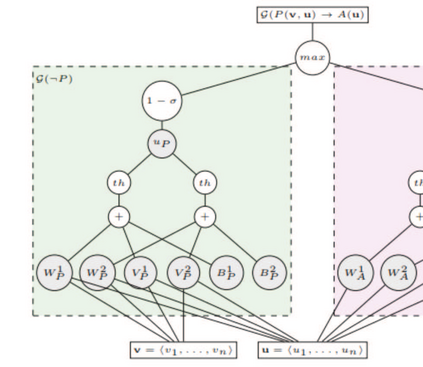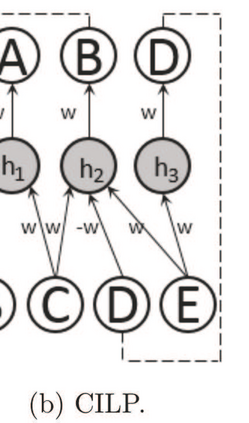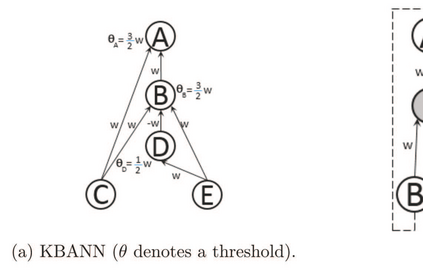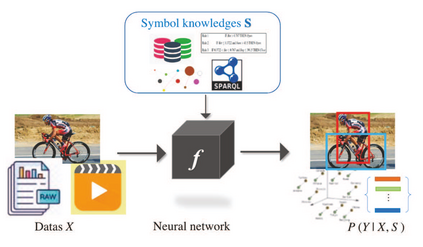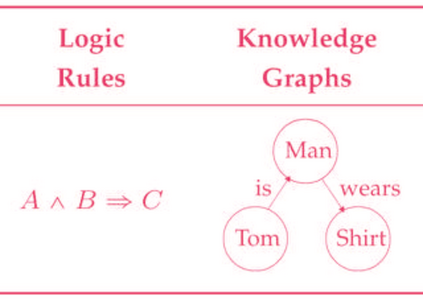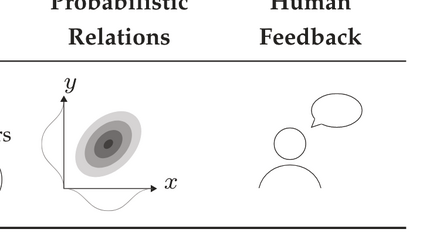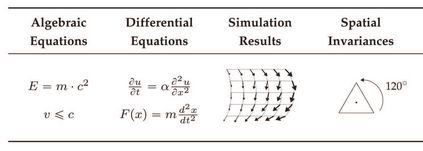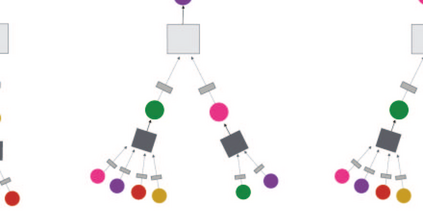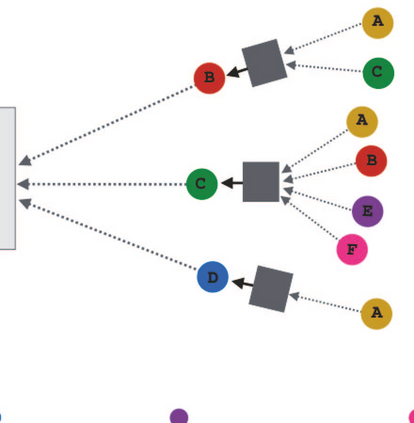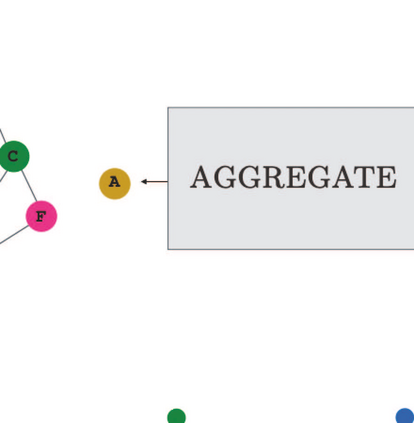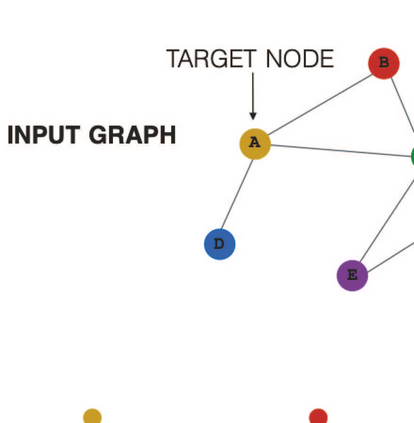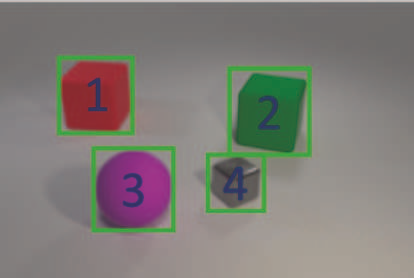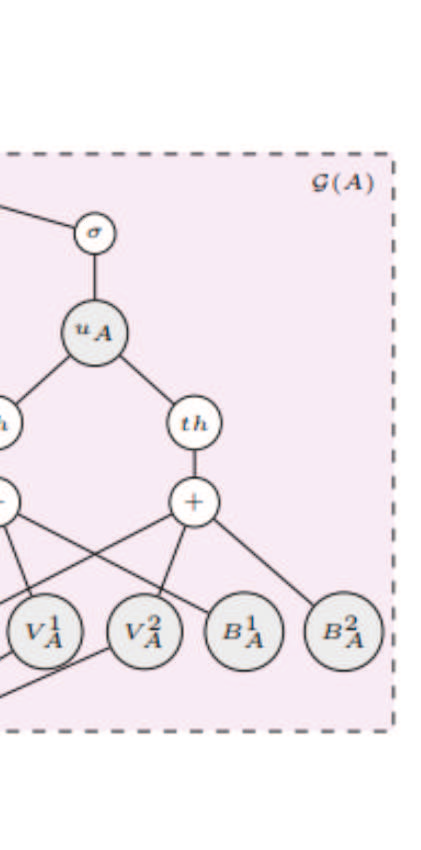Advocates for Neuro-Symbolic Artificial Intelligence (NeSy) assert that combining deep learning with symbolic reasoning will lead to stronger AI than either paradigm on its own. As successful as deep learning has been, it is generally accepted that even our best deep learning systems are not very good at abstract reasoning. And since reasoning is inextricably linked to language, it makes intuitive sense that Natural Language Processing (NLP), would be a particularly well-suited candidate for NeSy. We conduct a structured review of studies implementing NeSy for NLP, with the aim of answering the question of whether NeSy is indeed meeting its promises: reasoning, out-of-distribution generalization, interpretability, learning and reasoning from small data, and transferability to new domains. We examine the impact of knowledge representation, such as rules and semantic networks, language structure and relational structure, and whether implicit or explicit reasoning contributes to higher promise scores. We find that systems where logic is compiled into the neural network lead to the most NeSy goals being satisfied, while other factors such as knowledge representation, or type of neural architecture do not exhibit a clear correlation with goals being met. We find many discrepancies in how reasoning is defined, specifically in relation to human level reasoning, which impact decisions about model architectures and drive conclusions which are not always consistent across studies. Hence we advocate for a more methodical approach to the application of theories of human reasoning as well as the development of appropriate benchmarks, which we hope can lead to a better understanding of progress in the field. We make our data and code available on github for further analysis.
翻译:Neuro-Symbolic 人工智能(Nesy)的倡导者认为,深层次的学习与象征性推理相结合,将带来比本身的范式都更强的人工智能。尽管深层次的学习一直很成功,但人们普遍认为,即使我们最好的深层次的学习系统在抽象推理上也并非很好。由于推理与语言有着千丝万缕的联系,自然语言处理(Neuro-Symboli 人工智能(NeSy)的倡导者认为,自然语言处理(NeSy)将是NeSy(NeSy)特别适合的候选者。我们对NeSy(NeSy)的研究进行结构性审查,目的是回答Nesy(NeSy)是否真正实现了承诺的问题:推理、超分布的概括化、可解释性、学习和推理、向新领域的可转移性。我们研究了知识代表的影响,例如规则和语义网络、语言结构和关系结构的影响,以及隐含或明确的推理是否有助于更高的分数。我们发现,将逻辑方法纳入最接近于逻辑网络的逻辑网络的系统,我们如何在推理中找到一个清晰推理学上更清晰的推理,我们更清晰的推理,我们如何的推理,我们如何推理,我们如何推理。

